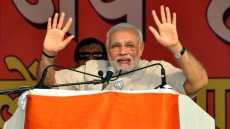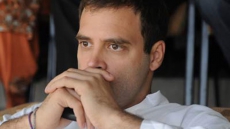Based on their "shared values", India and the United States can be partners in promoting women's rights around the world, United States Under-Secretary for Human Rights Sarah Sewall said Thursday.
Giving a lecture on "Human Rights Challenges and Opportunities in the 21st Century", the senior US official spoke about the challenges before women in India observing that some citizens like women and children face challenges that require special attention from society.
"They (women) are frequently denied an education. Discrimination against females is what both countries face in different forms," she added.
"In many places in India as well as the United States, forensic evidence in women's crimes go unreported," she said adding the two countries can share ideas about how to challenge these common problems.
Sewall is the Under Secretary for Civilian Security, Democracy and Human Rights and Special Coordinator for Tibet Issues for the United States department of state.
Sewall also spoke about the rights of sexual minorities observing that culture was not a valid excuse for denying rights to minorities including the LGBT community.
She gave the example of United States which she said had travelled a long way as far as giving rights to the LGBT community was concerned.
"One of the things that we have learnt is that attitudes that are very firmly held that deny the personhood of a person can change," she said.
"We have seen an enormous change towards lesbian and trans-sexual people in United States over the years," the senior US official said. This shows that "dominant attitudes are now dissipating".
"So culture is not really an excuse for human rights," she added.
Sewall said that India and the United States were both vibrant democracies. "In the United States, we have long seen diversity as our strength".
"The US stands with each of you who believe that India's growth should benefit the entire population including the scheduled castes, schedules tribes and the religious minorities," she said.
"We have to think beyond economic growth. All these discussions must take place with civil society on how to address societal needs," she added.





